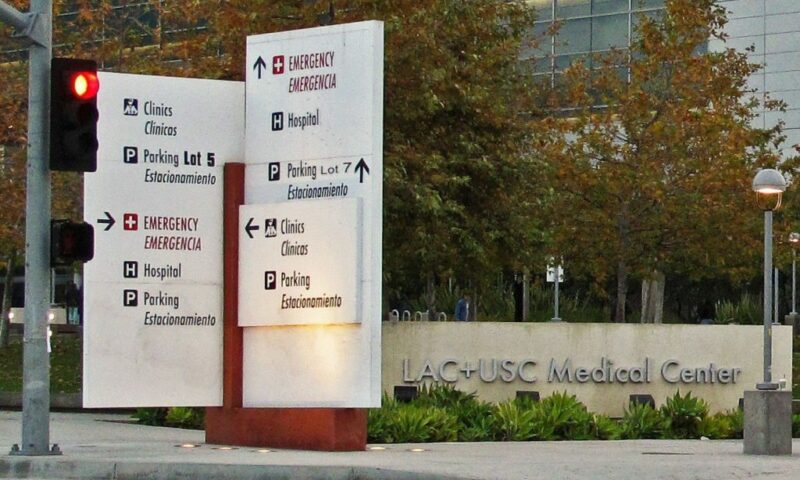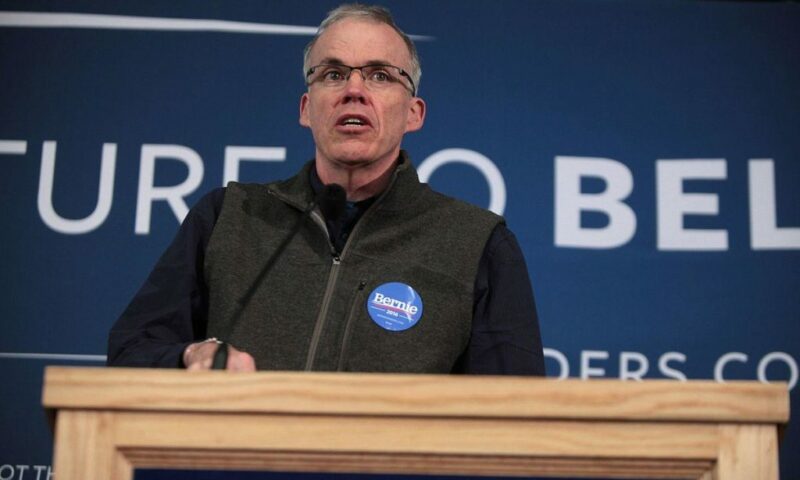LATEST NEWS


“I’m not just an autistic kid anymore, I have climbed a freaking mountain,” wrote Colin Eldred-Cohen on the release of his children’s book, The Fire Truck Who Got Lost. Eldred-Cohen is a young author with Asperger’s syndrome. His first children’s work became a reality through a crowdfunding campaign.


Co-published by Fusion
How the language of division could spell disaster for immigrants in the era of Trump. BY LEIGHTON WOODHOUSE


For those who missed the Los Angeles County Museum of Art’s Noah Purifoy: Junk Dada exhibit, you can still experience his extraordinary art born of the Watts riots at the Noah Purifoy Outdoor Desert Art Museum, in the town of Joshua Tree.


Co-published by The Nation
A video by Jennifer Dworkin explores an innovative program for Santa Barbara’s homeless.


On the list of society’s most reviled professions, somewhere between tax collector and a member of Congress, sits the lobbyist.


We have a favorite place to camp at Joshua Tree where, this time, across the road from this spot, a guy drove a spiffy pickup truck and pulled a tiny trailer. Both he and his wife attend an evangelical mega-church near their Inland Empire home, He believed in human-caused climate change, she did not.


On this year’s campaign trail, Hillary Clinton and Donald Trump talked about rebuilding the nation’s infrastructure of airports, bridges, dams and highways to boost blue-collar job growth.


Yesterday was International Migrants Day, the date the United Nations has designated to affirm and celebrate the human right of migrants to relocate in search of a better life.


“We’re just going to throw it up against the wall and see if it sticks.” That’s what Steve Bannon, Donald Trump’s chief strategist and cofounder of the website Breitbart, said a few weeks ago about Trump’s plan to rebuild America’s infrastructure.


In 2014, when teachers at Los Angeles’ Jefferson High School opened their own charter school, the Student Empowerment Academy, they hoped to bring the larger world into their classrooms. They got more than they bargained for. BY ROBIN UREVICH


They used to be called the Five Little Kings, each representing more constituents than any member of Congress. With the recent swearing in of Janice Hahn and Kathryn Barger, the Los Angeles Board of Supervisors now can be seen as four queens and a king.


Six years ago, when I moved from a bungalow to a swank apartment near Venice Beach, I was dismayed to learn my building had no recycling bin. Instead, a single, beat-up dumpster sat behind the structure in an alleyway to receive unsorted trash from residents in all nine units.


When President-elect Donald Trump announced he had chosen Rep. Tom Price, a Georgia Republican, to head up the Department of Health and Human Services, he sent a clear signal that most pieces of the Affordable Care Act r will be dismantled, including even some of the provisions his voters like.


On November 15 Mangan Park residents got more bad news. Homes near the neighborhood’s public gun range were discovered to also have been contaminated by lead, almost certainly from the facility. For Jeff Van Slooten, a retired lead expert, the testing came seven months too late.


Last April, residents of Sacramento’s working-class Mangan Park neighborhood were invited by city officials to a meeting to discuss a health scare involving the presence of lead particulate in their community.


The pickup truck pulled up alongside us, and the white guy inside, maybe in his 30s, waved his fist at us. Menacing. Intimidating. Gloating. Then he roared on, leaving us in the wake of his muffler. BY REV. JIM CONN


If you thought Wells Fargo’s fake account scandal was bad, get a load of this. Wells Fargo is one of six banks keeping the private prison industry in business.


In a culture broadsided by unremitting police violence and a election that could arguably be called a national nervous breakdown, Barry Jenkins’ profoundly moving film came as neither a shout nor a whisper, but as an eloquent statement that indeed, black lives matter.


If Bill McKibben was not optimistic about the future of the climate movement in the wake of the jarring U.S. presidential election, neither was he particularly sanguine before.


On Election Day, I joined a group of housekeepers at the end of their shifts on a small street behind Le Merigot Hotel, a luxury beachside resort in Santa Monica. These women had decided they wanted a union and announced their desire to vote for one in a National Labor Relations Board election.